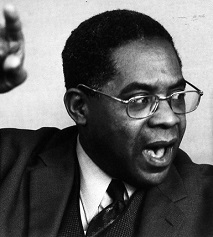
Brexit’s Aftermath: Xenophobia and the Rising Right
Economists predicting renewed hardship. A resurgence in racist attacks. The resignation of a Prime Minister. The leader of the largest opposition party in the country attempting to fight off a coup attempt. This picture, more or less, sums up some of the more glaring repercussions of the British vote to leave the European Union.



